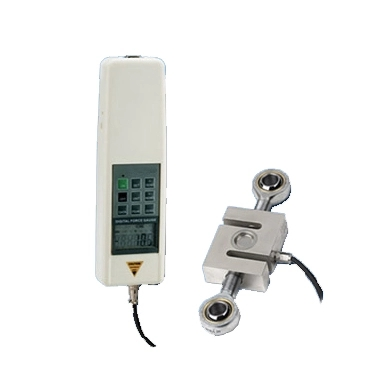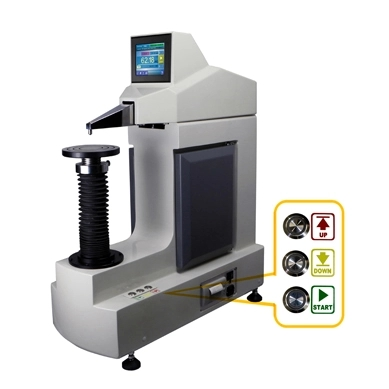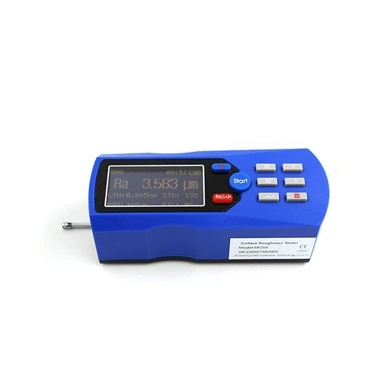The shipbuilding industry is a complex field that requires precision, accuracy, and high-quality materials to ensure the safety and durability of the vessels. One of the essential tools used in this industry is the hardness tester. This device measures the hardness of materials, a critical property in shipbuilding. It helps determine the resistance of a material to deformation, penetration, scratching, or cutting.
.jpg)
Hardness Tester: Ensuring Material Quality
The hardness tester types plays a crucial role in ensuring the quality of materials used in shipbuilding. It is used to test the hardness of various materials such as steel, iron, and other metals used in the construction of ships. The hardness of these materials can significantly impact the ship’s overall strength, durability, and resistance to harsh marine conditions.
For instance, if the steel used in the ship’s hull is not hard enough, it may not withstand the constant battering from waves and could lead to structural damage. On the other hand, if the material is too hard, it may become brittle and prone to cracking. Therefore, using a hardness tester to find the right balance is crucial in shipbuilding.
.jpg)
Hardness Tester: Enhancing Safety Standards
Another significant use of the hardness tester in shipbuilding is enhancing safety standards. Ships are subjected to various stress factors, including high pressure, temperature variations, and corrosive saltwater. These factors can degrade the material over time, compromising the ship’s safety.
Regular hardness testing can help identify potential weaknesses in the material before they become a significant issue. It allows shipbuilders to replace or reinforce the material as necessary, ensuring the ship remains safe for use.
Hardness Tester: Facilitating Regulatory Compliance
As a reliable hardness tester factory, our Hardness testers are vital in helping shipbuilders comply with industry regulations. Various international standards and regulations require specific hardness levels for different materials used in shipbuilding. Using a hardness tester ensures that these materials meet the required standards, avoiding potential legal issues and ensuring the ship’s seaworthiness.
.jpg)
Conclusion
In conclusion, the hardness tester is an indispensable tool in the shipbuilding industry. It ensures the quality of materials, enhances safety standards, and facilitates regulatory compliance. By accurately measuring material hardness, shipbuilders can construct vessels that are not only robust and durable but also safe and compliant with industry standards.

 français
français Español
Español русский
русский العربية
العربية português
português
.jpg)
.jpg)
.jpg)





